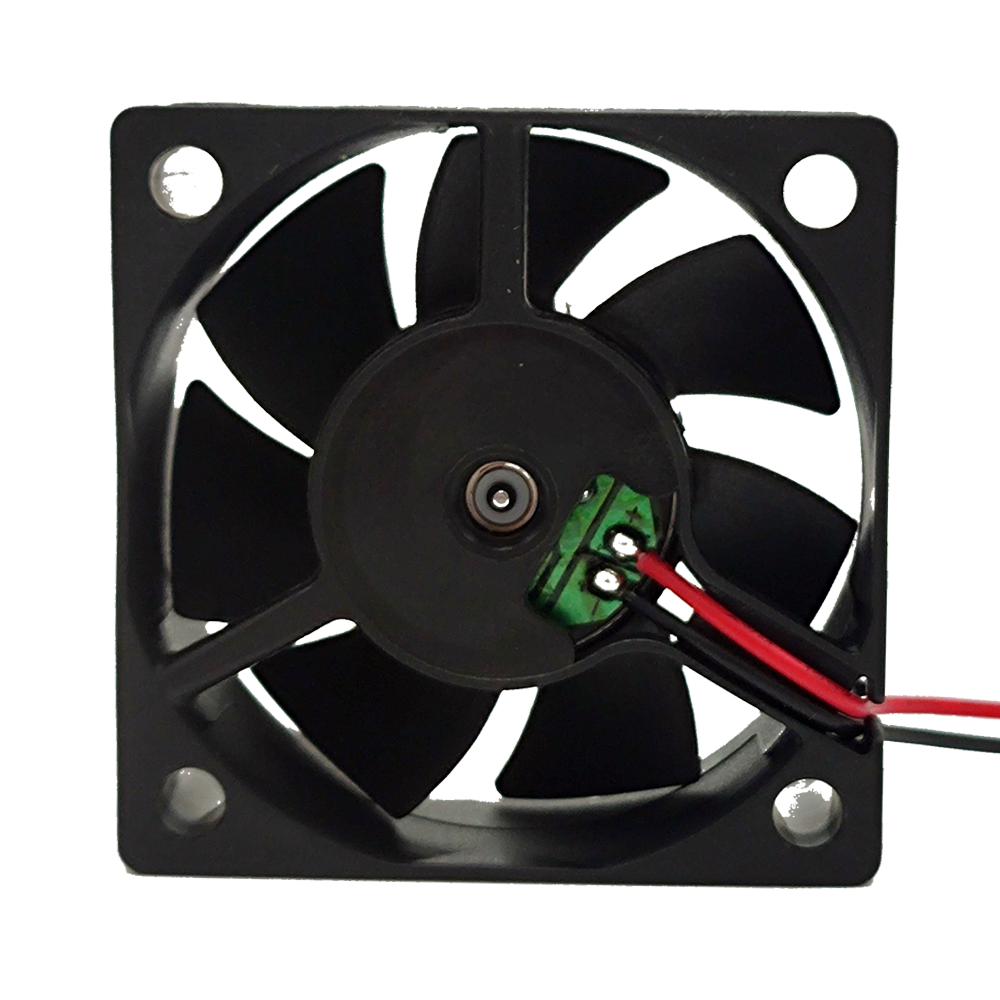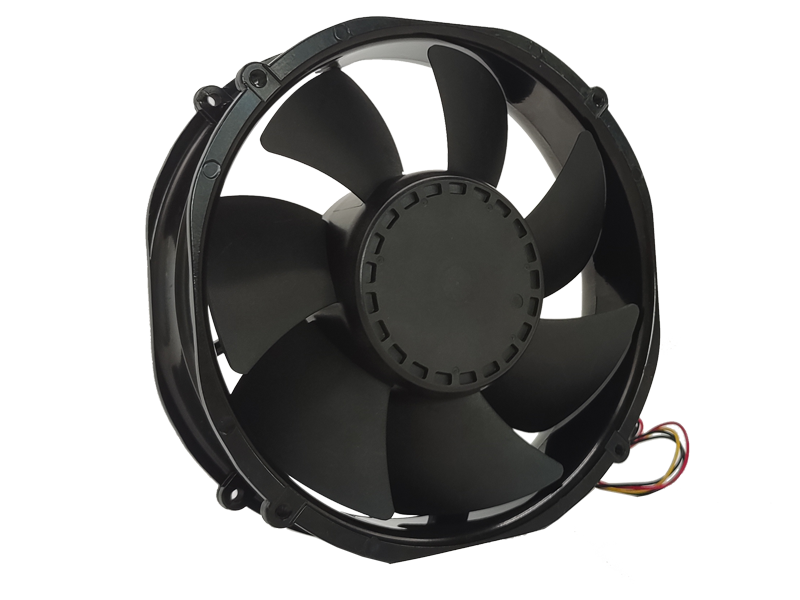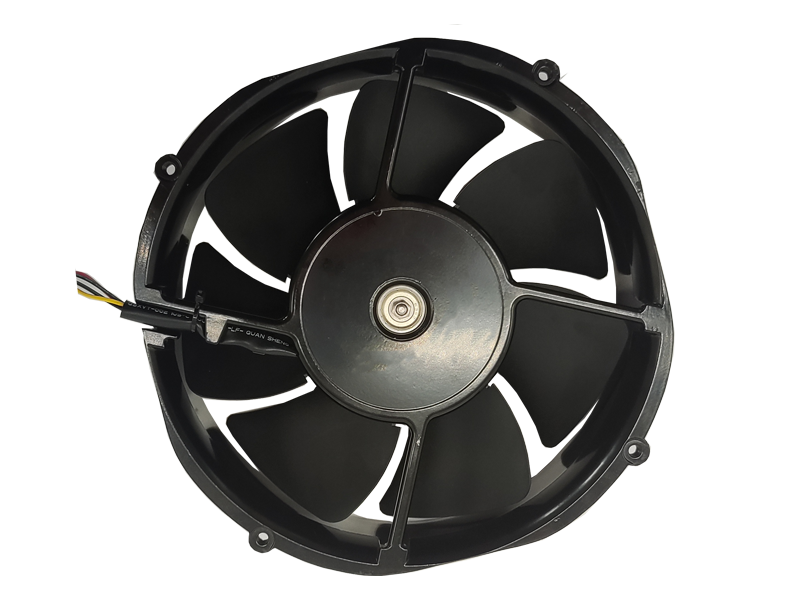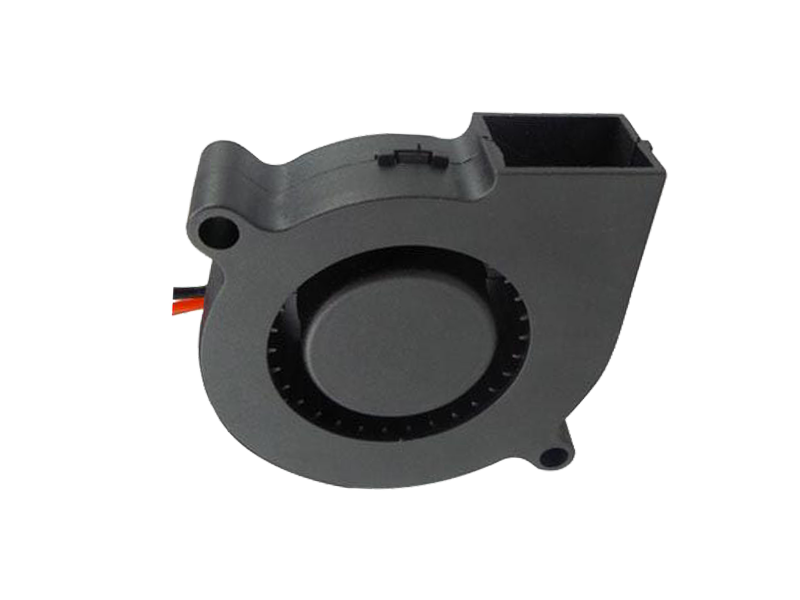Industrial fans play a pivotal role in various industrial settings, ensuring optimal air circulation, temperature control, and worker comfort. From a product perspective, industrial fans are more than just mechanical devices; they are sophisticated engineering marvels that combine advanced aerodynamics, materials science, and intelligent controls to meet the diverse needs of modern industries. This article delves into the intricacies of industrial fans, exploring how they achieve high efficiency, incorporate cutting-edge technology, and adapt to ever-evolving industrial demands.
The Anatomy and Working Principles of Industrial Fans
Industrial fans typically consist of a motor, impeller (or blades), housing, and control system. The motor serves as the heart, driving the impeller to rotate and create airflow. The impeller design, materials, and angle of attack significantly influence the fan's efficiency and noise levels. The housing directs the airflow and protects the internal components. The control system, often integrated with sensors and algorithms, regulates the fan speed to maintain desired conditions.
Industrial fans operate on the principle of fluid mechanics, where the rotating impeller generates a pressure difference, drawing air into the inlet and expelling it at the outlet. This continuous airflow is crucial for ventilation, cooling, and maintaining a healthy indoor environment.
Efficiency Enhancements Through Technological Innovations
Aerodynamic Blade Design: Utilizing computational fluid dynamics (CFD) simulations, manufacturers optimize blade shapes, pitch angles, and tip speeds to maximize airflow and minimize turbulence. These design innovations reduce energy consumption and noise while enhancing overall fan performance.
Motor Technology Advancements: The adoption of brushless direct current (BLDC) motors has revolutionized industrial fans. BLDC motors offer higher efficiency, lower maintenance, and extended operational life compared to traditional induction motors. They also facilitate variable speed control, enabling fans to adapt to changing environmental conditions with precision.

Intelligent Control Systems: Integrating IoT sensors and smart controllers allows industrial fans to monitor ambient conditions in real-time and adjust their operation accordingly. These systems can predict maintenance needs, optimize energy usage, and ensure consistent performance, leading to significant cost savings and improved operational efficiency.
Material Innovations: The use of advanced materials such as composites, ceramics, and coated metals enhances the durability and performance of industrial fans. These materials resist corrosion, withstand extreme temperatures, and reduce vibration, contributing to longer fan lifespan and reduced downtime.
Customization for Diverse Industrial Applications
Industrial fans come in various sizes, configurations, and capacities to cater to the unique requirements of different industries. For instance, high-volume, low-speed (HVLS) fans are ideal for large warehouses and sports arenas, providing widespread air movement and reducing energy consumption. In contrast, centrifugal fans with compact designs are suited for confined spaces like machinery rooms and server racks, where they efficiently expel hot air and maintain optimal temperatures.
Customization extends beyond physical dimensions. Manufacturers offer a range of performance options, including adjustable speeds, variable airflow patterns, and integrated controls, enabling clients to tailor fans to their specific needs. This flexibility ensures that industrial fans not only meet but exceed the expectations of diverse industrial environments.
Sustainability and Environmental Impact
As industries increasingly prioritize sustainability, industrial fans are evolving to reduce their environmental footprint. Manufacturers are incorporating energy-efficient motors, utilizing recyclable materials, and designing fans for easy disassembly and repair. Additionally, advanced control systems optimize energy usage, minimizing waste and contributing to greener operations.
Recommended Products

The main purpose:Car charging station

The main purpose:Car charging station

The main purpose:Electronic refrigerators, water dispensers, direct drinking machines, inverter power supplies
Address:No. 4137, Longgang Avenue (Henggang Section), Henggang Community, Henggang Street, Longgang District, Shenzhen
hotline:13530005572(Chen)15112579390(Li)


Welcome all friends to come for consultation and negotiation.
Copyright 2024 @ Shenzhen Youneng Xinyuan Electronics Co., Ltd.,(industrial fans,industrial blowers,axial fans,cooling fans manufacturer,centrifugal fans,ac cooling fans,dc cooling fans)